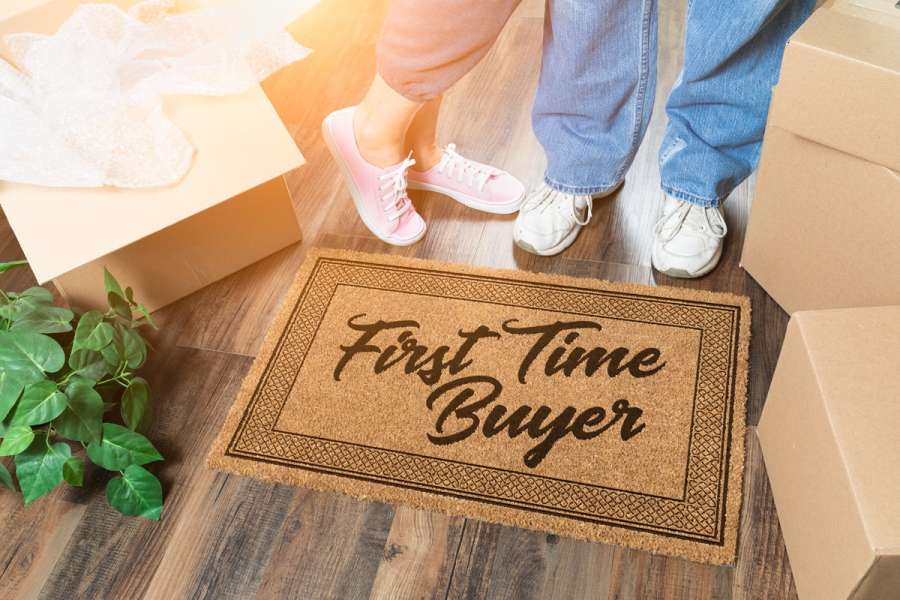Ultimately, it is your decision. However, it is important to recognise that they are distinctively different types of property.
To make an informed decision, it is good to view both.
Flats will almost always have a leasehold title, but houses could be either freehold or leasehold.
If you purchase a freehold interest in a property you will own the land and building upon it forever.
In contrast, if you buy a leasehold interest you will be allowed to use and possess the property, or part of it, for an agreed period of time known as the “term”.
The freeholder of the property will be the landlord and you will be the tenant under the lease of the property.
If you purchase a leasehold flat, you will not be responsible for all costs relating to the property.
Instead, you will pay service charges and ground rent to the freeholder or a management company for maintenance of the common parts and insurance.
When viewing the property, it is prudent to ask what the current charges are.
If you purchase a leasehold house, there could also be a service charge and ground rent payable.
Again, you should ask for details when you first view the property and what the remaining 'Term' is on any Lease.





